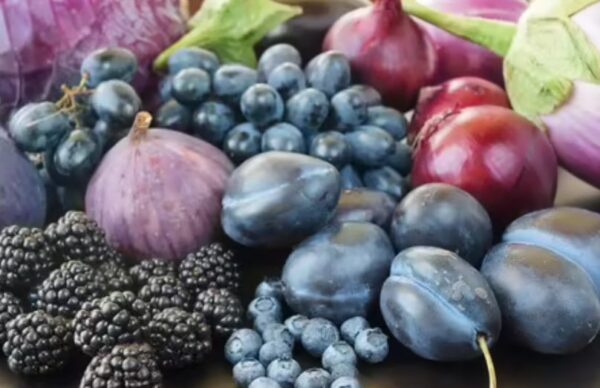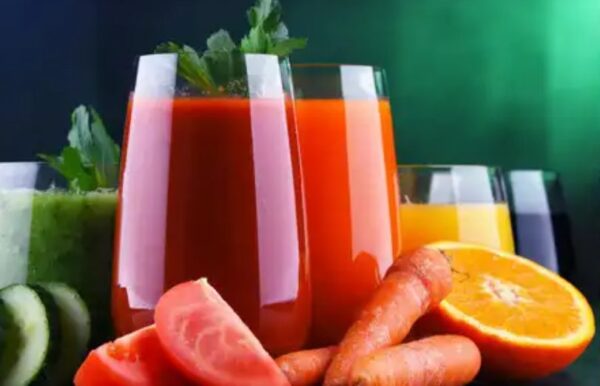Lifestyle
8 purple-coloured foods and their health benefits

From red and yellow to green, we often shop for fruits and veggies of these colors, as they are said to keep the heart, eyes, and metabolism healthy.
Have you ever wondered what purple-colored foods do? For the unversed, they are a rich source of anthocyanins, a powerful antioxidant responsible for the right hue.
As per studies, they are said to help prevent and repair cellular damage caused by oxidative stress, reducing inflammation and protecting against chronic diseases such as type 2 diabetes, heart disease, and certain cancers.
Scroll down to find out 8 types of purple-colored foods and their health benefits.
1. Blackberries
They are rich in vitamin C, fiber, and antioxidants that help boost the immune system and fight oxidative stress. Regular consumption of these berries can improve brain function and enhance skin health by promoting collagen production.
2. Purple cauliflower
They also contain anthocyanins with anti-inflammatory and cancer-protective properties. This version of cauliflower is a good source of vitamin C, vitamin A, fiber, calcium, potassium, and other minerals, contributing to overall nutrition and immune support as well.
3. Purple carrot
As a rich source of anthocyanins, they improve blood flow and blood vessel function. As per a study, they have the highest content of total polyphenols. It was found that the mini purple carrot showed the highest activities against diabetes-related enzyme (α-glucosidase); furthermore, the highest activities of cholinesterase inhibitors were observed for micro purple carrot as well.
4. Acai berries
According to a study, these berries are rich in antioxidants, including anthocyanins, which neutralize free radicals and reduce oxidative stress and inflammation. This contributes to protection against chronic diseases like cardiovascular disorders and neurodegenerative diseases. It also said that acai consumption has been shown to improve lipid profiles by lowering LDL (“bad”) cholesterol and raising HDL (“good”) cholesterol, thereby reducing the risk of heart disease.
5. Purple cabbage
They are rich in anthocyanin cyanidin-3-diglucoside-5-glucoside, which help improve cell viability and reduce oxidative stress. As per a study by Harvard Health Publishing, anthocyanins and other antioxidants in purple cabbage help reduce oxidative stress and inflammation, which are linked to heart disease and chronic conditions. The potassium content also supports blood pressure regulation.
6. Eggplant
As per study, eggplant consumption is said to increase plasma antioxidant capacity and reduce body fat mass. The study also suggests that eggplant may help manage components of metabolic syndrome, including obesity and oxidative stress. It is also rich in antioxidants, including nasunin and chlorogenic acid, which help reduce LDL cholesterol and improve heart health by preventing oxidative damage to blood vessels.
7. Purple grapes
It is mentioned in the study that purple grape juice helps improve antioxidant status and reduces inflammatory markers, which supports cardiovascular health by improving blood pressure, vascular function, and lipoprotein metabolism. The same study also states that a single dose of purple grape juice increases plasma antioxidant activity and improves physical performance in recreational runners, enhancing time to exhaustion by about 18.7%.
8. Purple sweet potato
This version of sweet potato also offers a wide range of health benefits. According to a study, it contains anthocyanins that exhibit strong free radical scavenging activity, reducing oxidative stress and inflammation. This helps protect cells from damage caused by intense physical exercise and chronic diseases. Also, another study states that purple sweet potato extract lowers blood pressure and oxidative stress markers in hypertensive patients.








